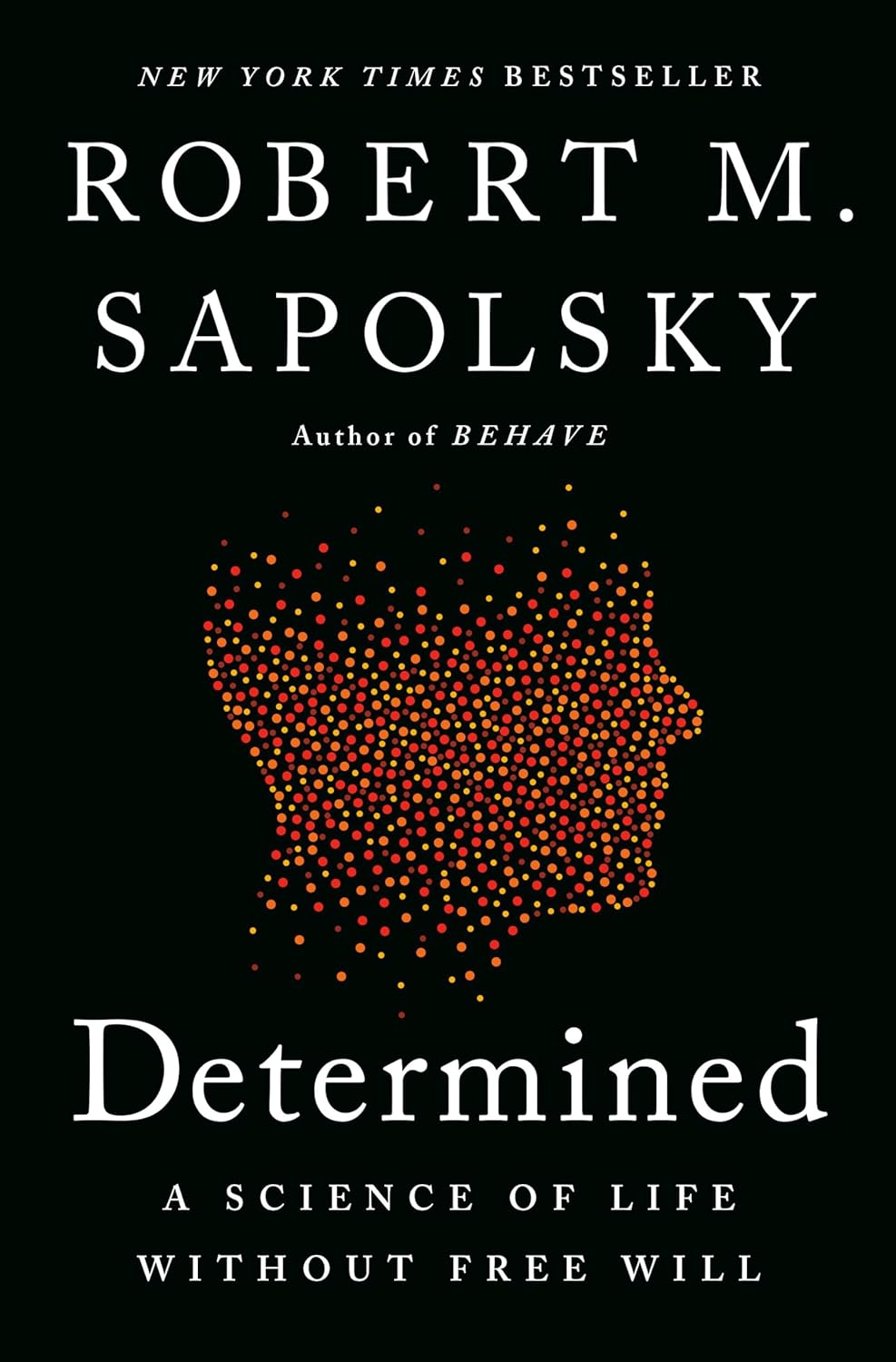this post was submitted on 05 Feb 2024
15 points (100.0% liked)
chat
8168 readers
98 users here now
Chat is a text only community for casual conversation, please keep shitposting to the absolute minimum. This is intended to be a separate space from c/chapotraphouse or the daily megathread. Chat does this by being a long-form community where topics will remain from day to day unlike the megathread, and it is distinct from c/chapotraphouse in that we ask you to engage in this community in a genuine way. Please keep shitposting, bits, and irony to a minimum.
As with all communities posts need to abide by the code of conduct, additionally moderators will remove any posts or comments deemed to be inappropriate.
Thank you and happy chatting!
founded 3 years ago
MODERATORS
you are viewing a single comment's thread
view the rest of the comments
view the rest of the comments






I'm genuinely curious - why pre-Aristotelians and not pre-Socratic? Wouldn't they have similar problems as terms?
Mostly I just hate Plato and love Aristotle.
So, some of the "pre-Socratics" were alive at the same time as Socrates, so the name is already a bit silly. Further, almost everything we know about Socrates is from Plato (yes, I've read Xenophon, the man didn't have a philosophical bone in his body tbh), so when we say pre-Socratic we're really saying pre-Platonic. This presents Plato as some kind of revolutionary figure: there was philosophy before him and a new philosophy after him. IMO he was a great writer, but philosophically a hack whose interesting ideas were already present in the pre-Socratics, especially Parmenides. He was basically a Pythagorian number worshipping mystic who's followers basically destroyed "Western" philosophy for 2000 years. Aristotle was actually a revolutionary philosopher and a real genius. Marx, for example, is basically an Aristotelean.
IMO, Plato is just another pre-Aristotelian. And far from the most interesting one. I think it's a historical tragedy that so much of his corpus survived, while we have only fragments of fascinating figures like Heraclitus and Parmenides.
Now, this hatred of Plato may be somewhat exaggerated. But given the calamitous effect of Platonism and Christianity (as coopted by the Roman empire it was essentially neo-Platonism) on thr history of philosophy, I think one has to hate Plato beyond what just his dialogues themselves merit.
I always thought that pre-Socratic wasn't really a temporal boundary (after all, Aristotle and Plato were alive at the same time, so pre-Aristotelian also doesn't work in that regard), but rather one of method. My understanding was that most pre-Socratic (sorry) philosophers were essentially speculative, whereas Socrates (or Plato's Socrates) was the first to establish the need for a far more rigorous approach, which all subsequent philosophy is indebted to. So the division, while obviously still artificial, is useful in defining certain trends in philosophy. In any case, Plato (or the Neoplatonists for that matter) is hardly the one to blame for Christianity getting co-opted, that's almost entirely on Paul and Constantine
That's fair. I don't really think "pre-Aristotelian" is a particularly good categorization of philosophers though, just a funny rejection of the term "pre-Socratics".
Really the big gap between Plato and the pre-Socratics is that we have many intact texts by Plato, while with the pre-Socratics we have only a handful of quotations preserved in later texts and some dubious paraphrase and summaries, so it's hard to pin down exactly what was going on. But, as far as I can tell, it was really Parmenides and his followers (like Zeno) who established the need for a more rigorous approach. For example: great developments in logic were needed to defeat their arguments that motion and plurality were impossible and only an illusion.
Platonists might not have caused the cooption of Christianity, but most of the really objectionable elements of Christianity are Platonic. Like I'm 100% not a Christian of any kind, but Jesus seemed like kind of a cool dude who wanted to create the kingdom of heaven on earth: a just society were people hold all things in common and shit. All the metaphysical bullshit about souls and the trinity and hating your body and shit is from Plato, Pythagoras, Orphism, and shit like that.
Like, I think even had Christianity not existed, things would have been pretty much just as bad. Everything I hate about Christianity already existed in the Roman empire. In a world without Christ we just get two thousand years of useless wank about the Monad and Dyad instead of the Trinity; hardly an improvement.